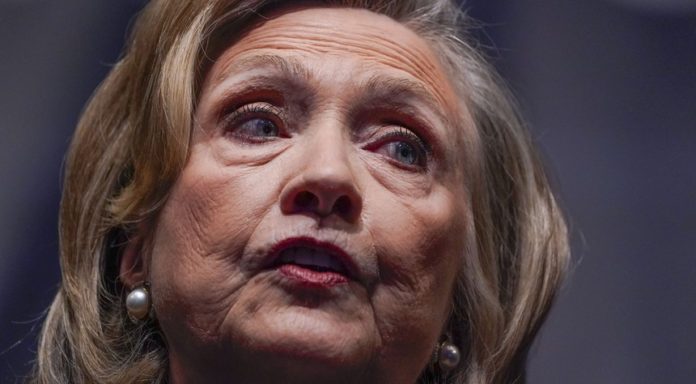The New York University Center for Social Media and Politics conducted a study to find out the limits of Russian misinformation and disinformation they were able to achieve via Twitter in 2016. Democrats who claim Russian influence on social media influenced Donald Trump’s election should be discredited.
“My personal opinion is that this was too hyped,” Josh Tucker (co-director of New York University’s center) said to The New York Times.
Tucker stated, “Now we’re looking into data and can see where it was concentrated in one part of the population. And how people who were exposed were really very likely to vote for Trump.” Data shows that there is no correlation between people’s attitudes changing and being exposed to tweets.
Here are some key findings of the report:
Only 1 percent of Twitter users accounted for 70 percent of the exposure to accounts that Twitter identified as Russian troll accounts.
- Highly partisan Republicans were exposed to nine times more posts than non-Republicans.
- Content from the news media and U.S. politicians dwarfed the amount of Russian influence content the electorate was exposed to during the 2016 race.
- There was no measurable impact on “political attitudes, polarization, and vote preferences and behavior” from the Russian accounts and posts.
- While the Times takes great pains to say that this was only one social media platform and that the impact of Russian advertising on other media companies like Facebook has not been examined, the problem is that the burden of proof is now on those who claim Russia stole the election for Trump.
This story ends with the unwritten conclusion, that Russia interfered with Trump’s election. Trump was a Russian asset.
Given the small margins Trump won in some states, could this have been due to Russian influence operations online? Tucker said, “While the sample from the Twitter study suggests otherwise, it is impossible to know for sure. ” “We cannot deny that this was not an unlikely confluence.”
According to the study, 32 million people could have been exposed to Russian-sponsored tweets. Facebook however estimates that as many as 126 million users could have seen Russian-sponsored tweets.
It is evident that Russia tried to influence the 2016 election. This is in direct contradiction to most advertisements.
Democrats now have a problem: How did Trump’s Russian influence campaign in 2020? The NYU study shows that Trump supporters weren’t the only ones to pay attention to the trolls.
Hillary Clinton made a comparison between Russian interference during the 2016 elections and the 9/11 terrorist attacks during an interview with Jeffrey Goldberg (editor-in-chief, The Atlantic).
“I believe that the combination of the Russian campaign, WikiLeaks being the cutout for Russian stolen information, the role that Cambridge Analytica and other organizations like that played in connection with the Republican apparatus, the [Republican] National Committee and other allies and the Trump campaign certainly altered the outcome in enough places that we have to ask, ‘What really happened?’” she said.
Your campaign was a disaster and you underestimated the appeal of your opponent. This cost the White House in 2016. It is false to blame Russians for trolling social media networks for your loss.




